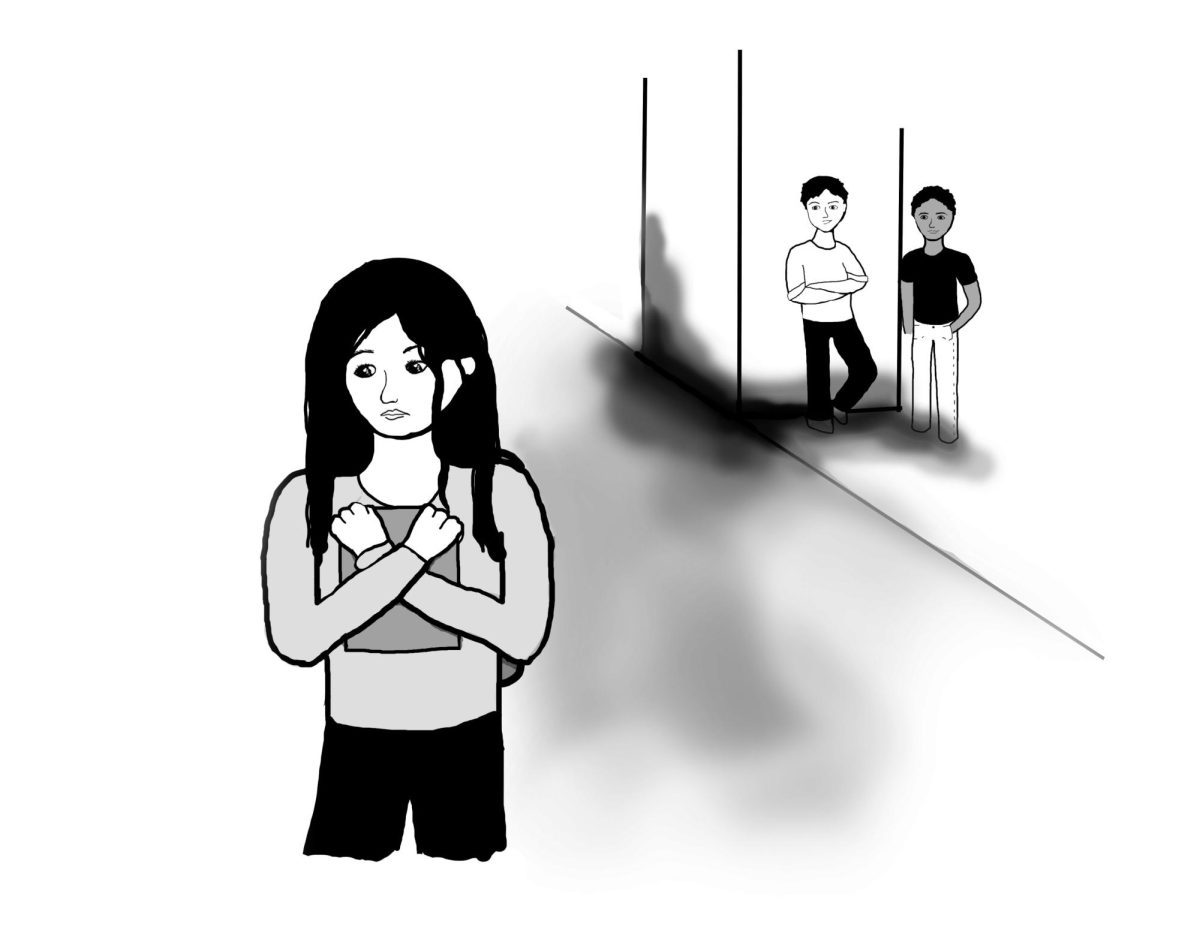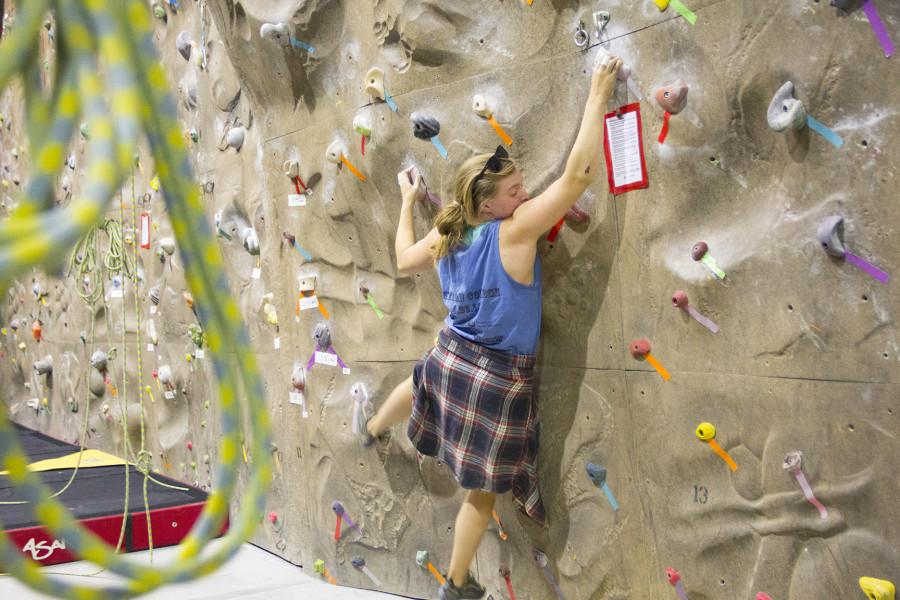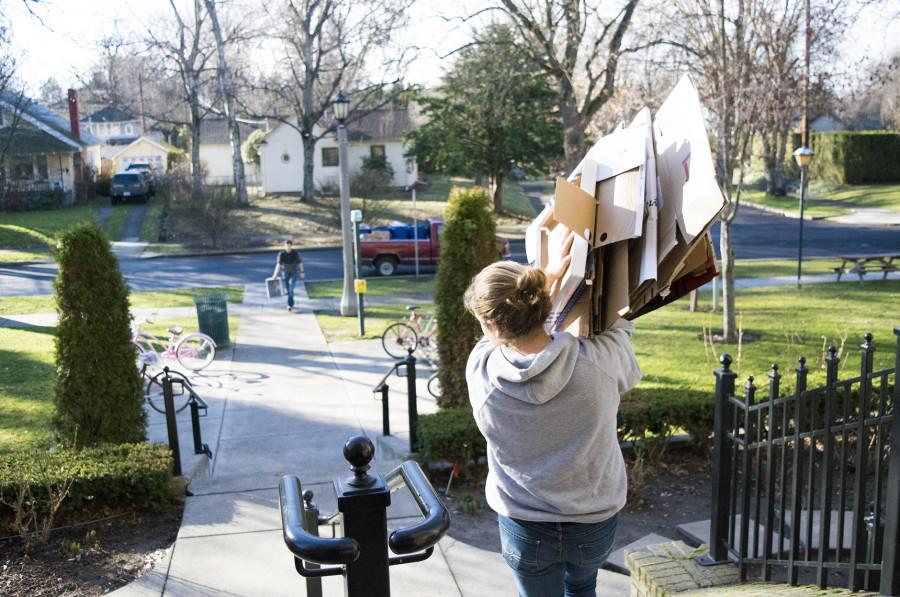
More than 30 years after its creation, the Student Academic Advisers program remains successful in helping new students and bringing a stronger sense of community to first-year housing.
Student Academic Advisors are Whitman sophomores who live in first-year dorms to help alleviate the stress of transitioning to a new environment and new classes while also giving academic advice. First-years are encouraged to see SAs as role models and seek advice from them about academic resources on campus, such as the Writing Center.
The program is run through the Academic Resources Center, with support from the Residence Life and Housing Office. It was originally created to help students transition from high school to college.
“The SA program is not so much as a [tutoring program] as it is to help students get initiated into Whitman and to realize all the resources that are available for them,” said first-year John DeBuysser, who will begin working as an SA next fall. “[They] encourage good study habits and behaviors that will help them in the four years.”
According to the ARC, every spring an average of 50 first-year students apply for the 16 SA positions on campus. This semester’s pool of applicants went through three rounds of interviews before hiring decisions were announced on March 7.
According to Resident Director of Anderson Hall Cory Kiesz, who helped interview potential hires, SAs are selected for good time management, effective communication skills and a positive attitude, among other things.
“I think one of the most important parts of the selection process is recognizing that there isn’t a ‘cookie cutter’ SA,” said Kiesz. “What I mean by that is that no two SAs that I’ve ever worked with have been the same. Everyone has something different they bring to the position, strengths and weaknesses, and it’s our job to see how each unique individual can work with the SA and RA staff to best accomplish our goals.”
First-year Hallie Barker, who will also be an SA next fall, applied to the program because she finds talking about school with people interesting. According to her, the program is a way for students to connect with first-years who may feel too intimidated to talk to faculty or professors on campus.
“I think that students really find the best example [from other students] for how to enjoy school and take advantage of school,” said Barker. “It’s really great that you can also have a student who has all the same answers and knows all about registration and everything, but they’re more approachable and more relatable.”
First-year Henry Sanborn applied to become an SA because it seemed like a good way to get to know more people at Whitman.
“There are a lot of benefits,” said Sanborn. “I enjoy the process of learning, and it’s nice to be able to help other people. There’s some freedom in that it’s not for your own grades or anything.”
For the majority of students, their experiences with their own SAs influenced their decision to apply. Former SA and sophomore Arden Robinette’s first-year experience inspired her to apply for the position. As a frightened first-year who had many questions about Whitman academics and college culture, Robinette’s SA helped her.
“That’s why I wanted to be an SA, because I saw my SA and I was like ‘Wow, that is someone who has it together, and they made it through their first year, and they’re still alive,'” said Robinette. “If they can do it, then that must mean I can sort of do it.”
The program also builds a stronger sense of community for students living in dorms.
“Now I have a ton of people who I can see in the hall and be like ‘hey, I know you,'” said Robinette. “It’s really cool to have that community-building aspect, and I feel like I’m more involved in the Whitman community as a result.”
DeBuysser believes there could be some improvement in creating more relationships between residence halls––what he calls “cross diversity.”
“I know for myself, it’s been hard to get to know kids in other resident halls,” said DeBuysser. “Having SA programs where somehow we get two halls together for a talk on something [might] spark conversations in the groups.”
Although Barker did not personally go to her SA for help often, she still recognizes the program’s significance as a way for the college to provide additional, peer-based help for new students.
“It shows that Whitman does understand the importance of nurturing a really healthy learning environment,” said Barker. “They’re trying to find ways to make students feel supported even in residence life and not just in the classroom. That’s really unique.”+


















